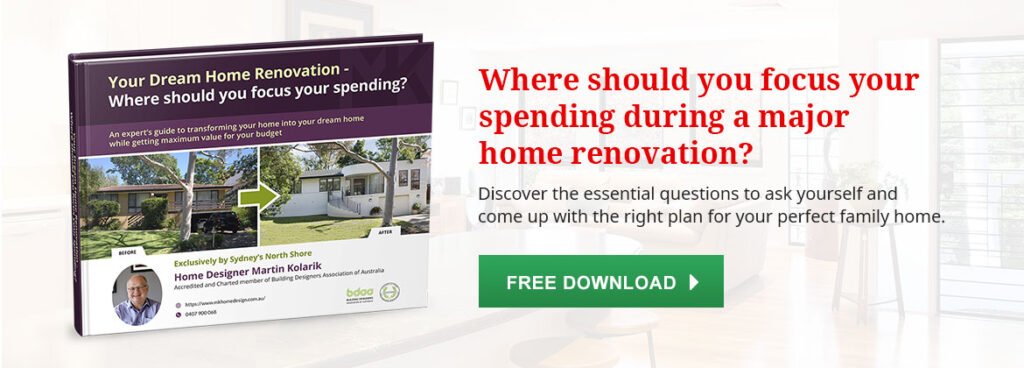With many people working from home it has inspired families to start dreaming about the possibility to renovate or extend their home. The question is, what is a good home renovation budget for a true transformation?
A high-quality, substantial renovation and extension of your home requires skilful design solutions. Finding unique design solutions for families to improve their lifestyle, and how they interact in their own home, is my passion.
The Key to Success
The key to a successful project is to initially focus on the big picture.
Considerations:
- Why do you want to extend and/or renovate your home?
- How long do you intend living in this home before selling?
- What is the budget you can invest in your project?
Your responses to these questions will assist you to distill and clarify your priorities.
Your Budget Will Drive the Design Process
Many people wonder why designers want to know your budget at the beginning of the planning phase of your project.
Budget is not everything, yet it will determine the extent and quality of your renovation.
As you can imagine, if you have a construction budget of $500,000 you will be able to achieve a substantially different outcome compared to a budget of $1 million.
Therefore, decide on the approximate budget you are willing to invest in your home.
Your designer should also be able to advise you of the typical fees for the consultants, council, and certification so that you are aware of all probable costs upfront.
Your Home Renovation Budget
So, what can you expect to achieve with a construction budget of approximately $500,000?
If you want a substantial renovation that will truly transform your home and how your family enjoy living in your home. Then this typically means adding floor space and changing your floor plan.
With a construction budget of $500,000 in 2023 it is reasonable, for example, to add a new first-floor addition containing a master bedroom suite, or a parent’s retreat, and an extra room which could function as an office, bedroom, or nursery. An existing room or space on the ground floor will need to accommodate the new stairway.
Alternatively, you may extend your home and rectify a poor layout and configuration of the rooms, to give you the space and functionality you need as the family’s needs change over the coming years.
Note: A construction budget does not include fees for consultants and council/certifier.
For first floor additions, many of my clients request additional re-purposing of rooms or upgrading of existing spaces on the ground floor. For example, upgrading bathrooms or the kitchen. These upgrades will most likely require an increase in your $500k construction budget.
Site-specific constraints, for example, on Bushfire Prone Land or in a Heritage Conservation Area, will also impact your budget requirements.
Choose Quality Transformations That will Positively Impact Your Lifestyle
A balance of function and form! The following images illustrate eight key quality transformations for your home. Each of them will improve the quality of your home.
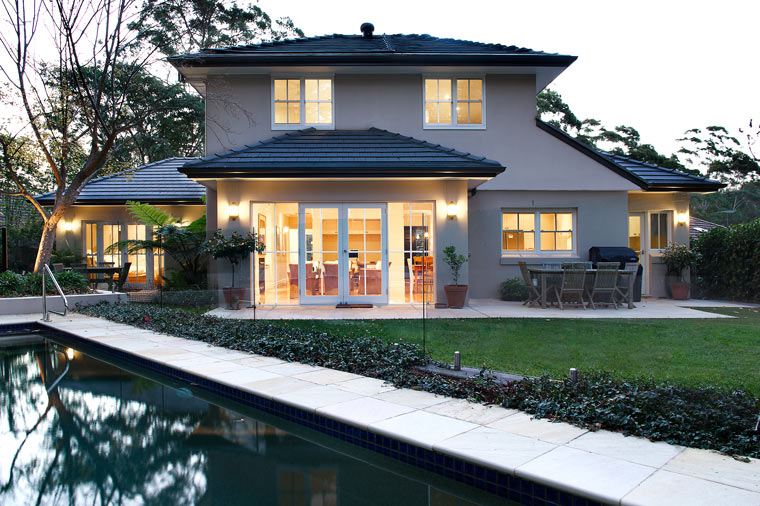
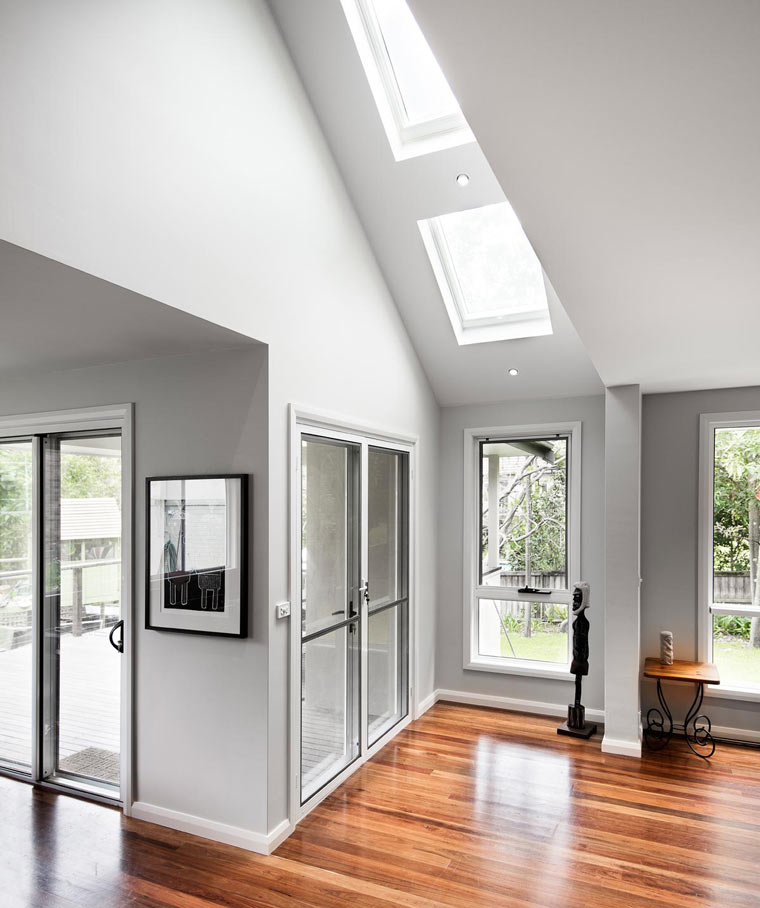
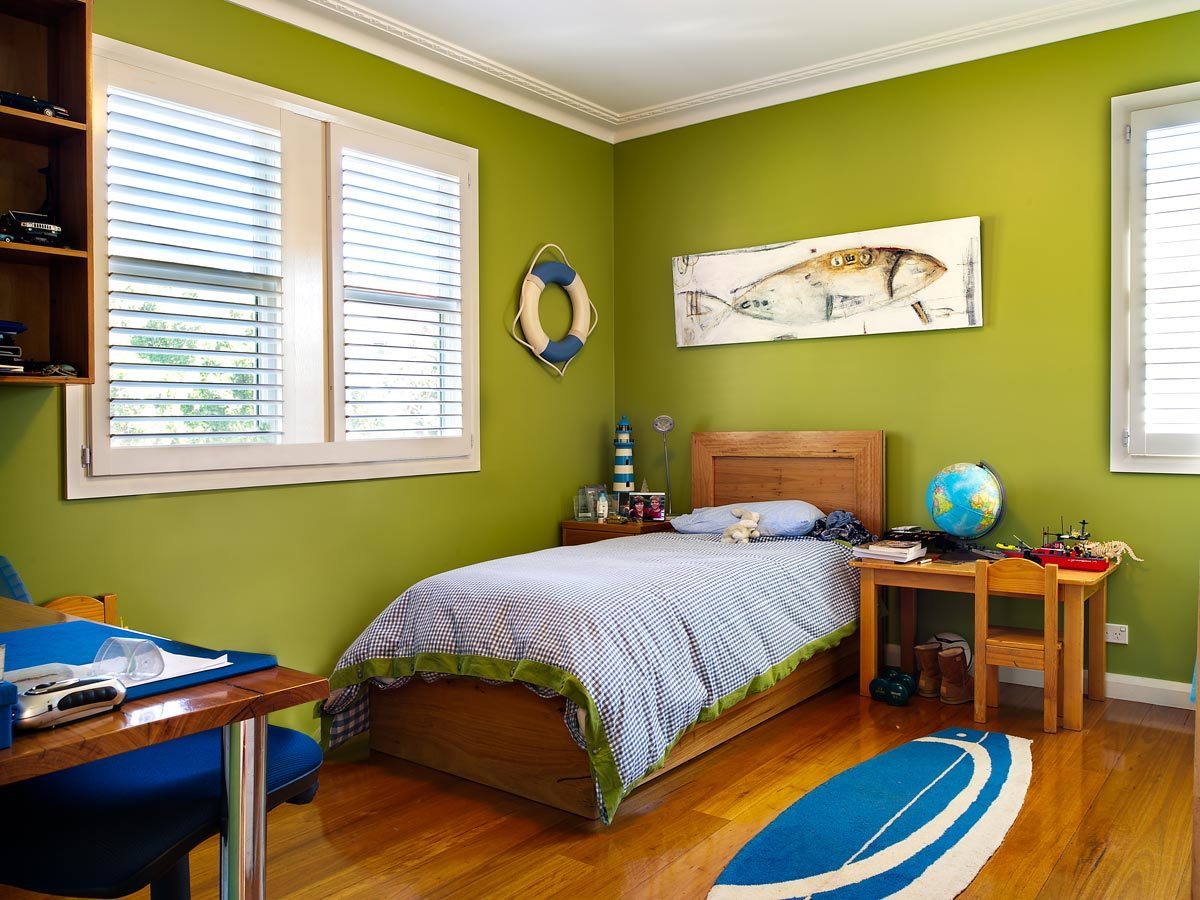
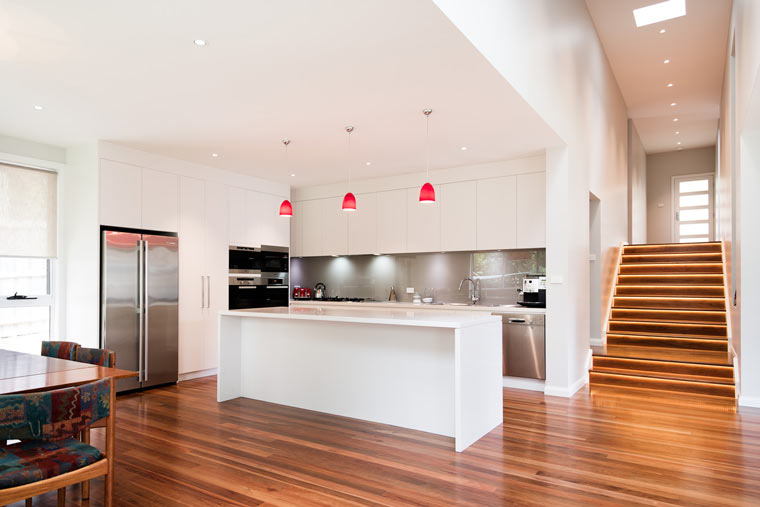
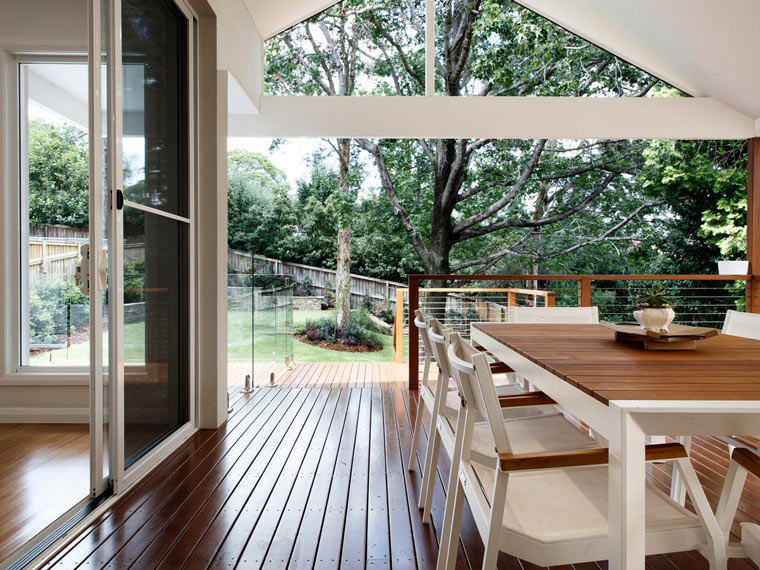
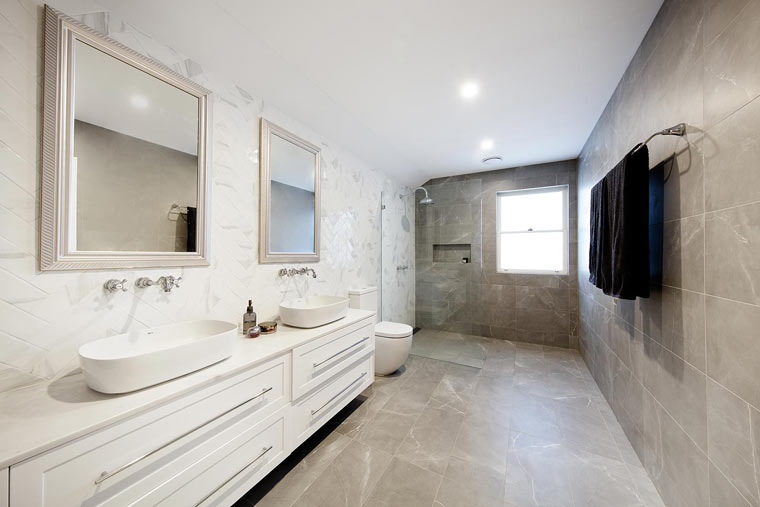
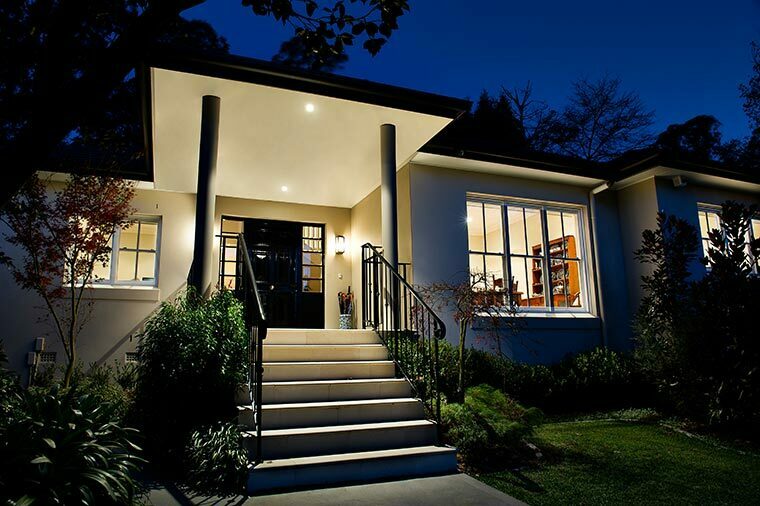
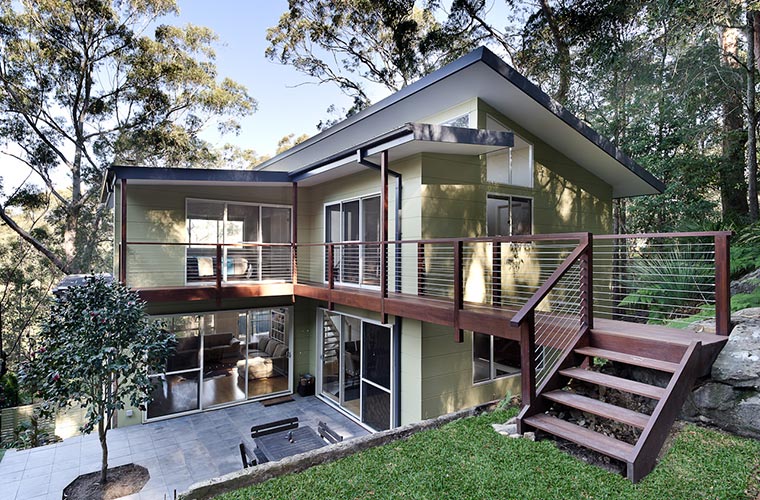
Working with Your Home Designer
Decide whether you have flexibility with your home renovation budget or not. Communicate with your designer about your flexibility and whether you are reserving funds for other projects not directly related to this home renovation project. For example, you may want to use funds for landscaping, a pool, or media fit-out. All these items may impact the design or construction efficiencies.
A good designer will be able to help you stay focused on keeping within your budget. Ask your designer to let you know if your requests are outside of your budget. Then you can make an informed decision to go over budget or find another solution.
Work with your designer on prioritising your changes. They should be able to produce a design which is close to your budget. A design you can afford to have built is vital to a successful outcome.
Little Upgrades May Affect Your Big Picture Plans
To avoid limiting your future design options for a major renovation consider your big picture plans before you undertake any smaller, interim renovations.
Upgrading your kitchen or bathroom, installing a new floating floor or carpeting may turn out a waste of money when the major renovation reorganises your floor plan.
Here are the major considerations before you make any of these upgrades:
- Are you planning a future extension or reconfiguration?
- Does the existing floor plan flow well?
- Are the rooms currently well positioned if you extend out or up?
- Is the light penetration and ventilation optimal for your house?
One of the most cost-effective investments you can make in your property today is keeping on top of maintenance and repairs. This will leave more money for larger upgrades in the future.
Your Designer is the Pivotal Point for Your Total Project
If you are considering what you can achieve with a future major renovation and extension to your home, seek advice early from a designer.
You are best to obtain advice from a designer who understands what is possible according to the constraints of your property and whether you require clever design solutions or complex construction techniques.
The more open-minded you are about the possibilities, the more options a good designer can provide.
Trust and harmony with your designer are key elements to a great home renovation that achieves your vision within your home renovation budget.
If you live in Sydney’s North, feel free to call me for a discussion how we can transform your home uniquely for your family.
